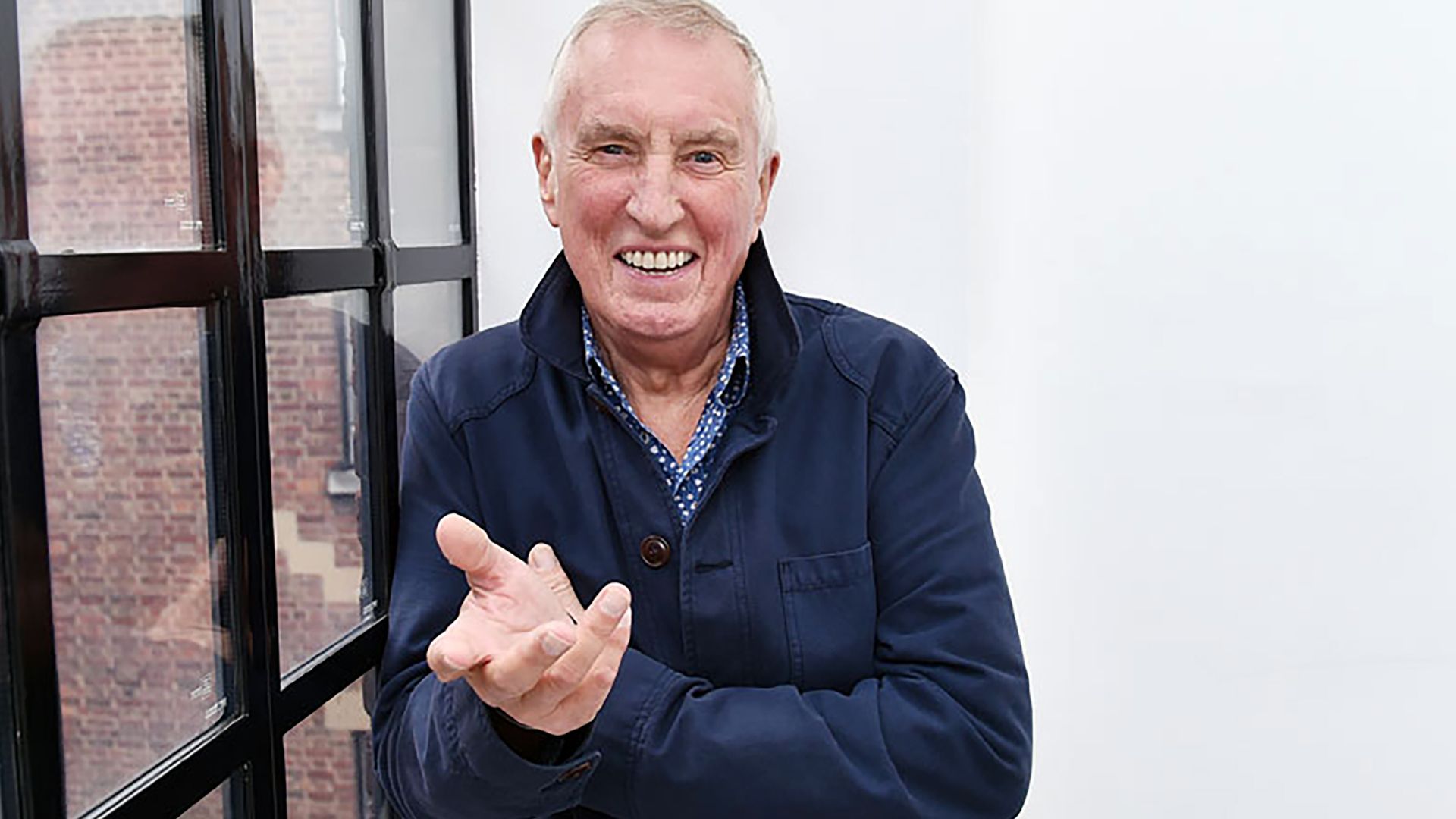Veteran radio DJ Johnnie Walker, who hosted BBC Radio 2’s Sounds Of The 70s and The Rock Show, has died aged 79.
Known for championing artists like Lou Reed, Fleetwood Mac and The Eagles, Walker in October announced he would retire from radio after 58 years – having been previously diagnosed with idiopathic pulmonary fibrosis (IPF).
Weeks later, he presented his final Sounds Of The 70s show on BBC Radio 2 and hosted his last episode of The Rock Show as he hung up his headphones due to ill health.
Tiggy Walker, Johnnie’s wife, said: “I couldn’t be more proud of Johnnie – how he kept broadcasting almost to the end and with what dignity and grace he coped with his debilitating lung disease.
“He remained his charming, humorous self to the end, what a strong, amazing man.”
She added: “And if I may say – what a day to go. He’ll be celebrating New Year’s Eve with a stash of great musicians in heaven.”
Walker’s death was announced on air by his friend and colleague, BBC Radio 2’s Bob Harris, who took over as presenter of Sounds of the 70s in November.
New Year’s Eve latest: Sydney marks arrival of 2025 with fireworks – as more events cancelled in UK over storm fears
UK weather: Country braces for ‘tricky’ start to 2025 as wind and rain cancels New Year’s Eve celebrations
New Year Honours: Gareth Southgate, Stephen Fry, Sadiq Khan and Keely Hodgkinson make this year’s list
The BBC’s director general, Tim Davie, said the organisation was “deeply saddened” by the passing of a “pop radio pioneer and a champion of great music”.
“No one loved the audience as much as Johnnie, and we loved him back.”
Born in Birmingham, he left school aged 15 to train to as a mechanic, later becoming a car salesman.
But his passion for music was already bubbling away, and he picked up a Friday night slot as a disco DJ under the name Peter Dee.
He began his radio career in 1966 on an offshore pirate station, Swinging Radio England.
But it was with Radio Caroline that he became a household name, before joining BBC Radio 1 in 1969.
After a stint in San Francisco, where he recorded a weekly show for Radio Luxembourg, he returned to the UK in the 1980s, working on various BBC stations until landing his own weekly show on Radio 2, and then taking over Drivetime.
He gained a reputation as a DJ who placed more importance on the tracks he played than the chat between them.
Helen Thomas, head of BBC Radio 2, said Walker “loved radio and inspired a generation of presenters, passionately promoting the artists and music he cared about so deeply.”
She called him a “much-loved broadcasting legend” with a “wry sense of humour” and “warm, open style”.
In October 2003, Walker underwent chemotherapy and an emergency operation for non-Hodgkin’s lymphoma.
He revealed his diagnosis live on air, and later revealed he “died” three times during surgery to repair his burst intestine.
The condition IPF is one “in which the lungs become scarred and breathing becomes increasingly difficult”, according to the NHS.
The NHS website says it is not clear what causes the condition, and although treatments can slow its impact, there is “currently no treatment that can stop or reverse the scarring of the lungs”.
This breaking news story is being updated and more details will be published shortly.
Please refresh the page for the fullest version.
You can receive breaking news alerts on a smartphone or tablet via the Sky News app. You can also follow us on WhatsApp and subscribe to our YouTube channel to keep up with the latest news.







